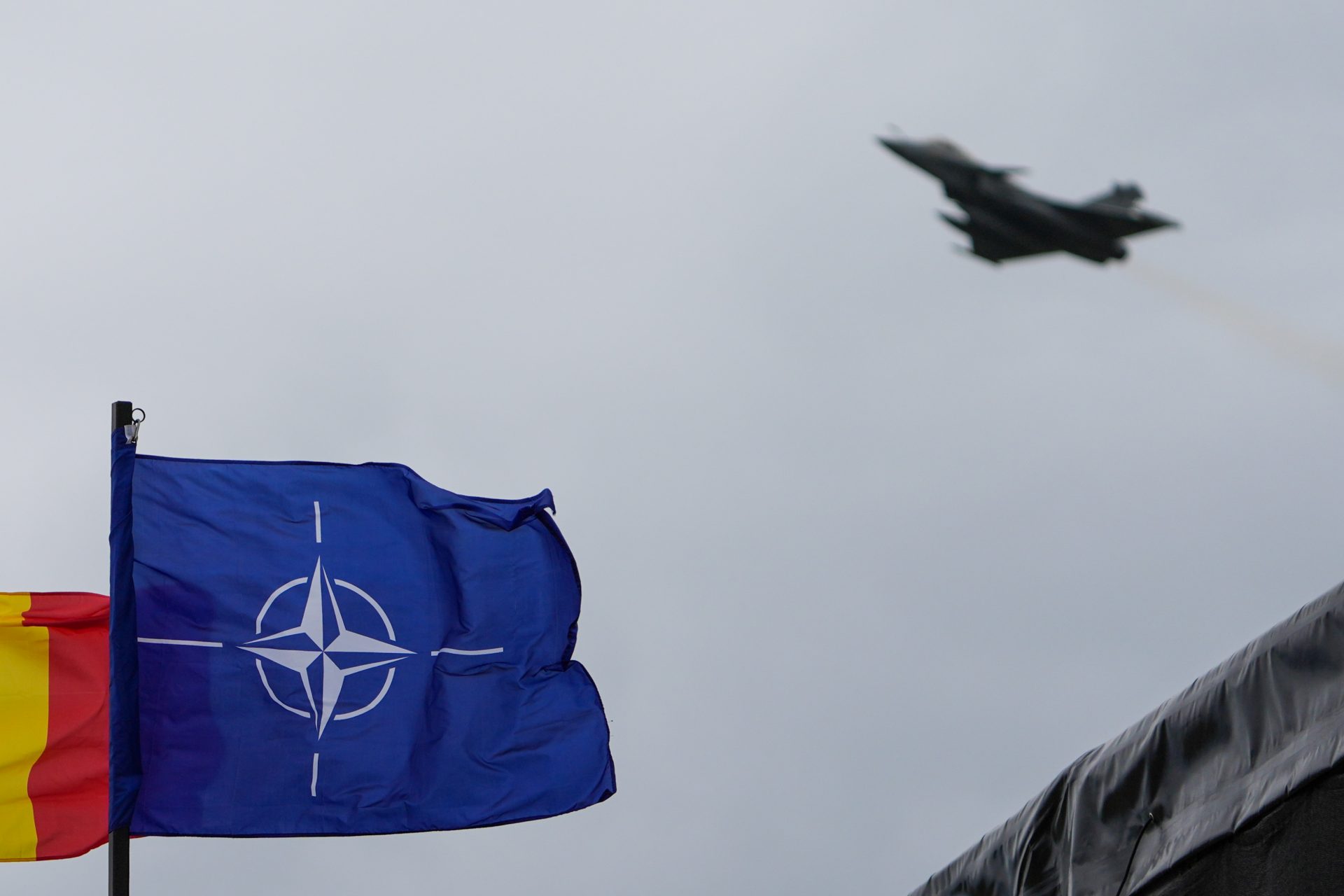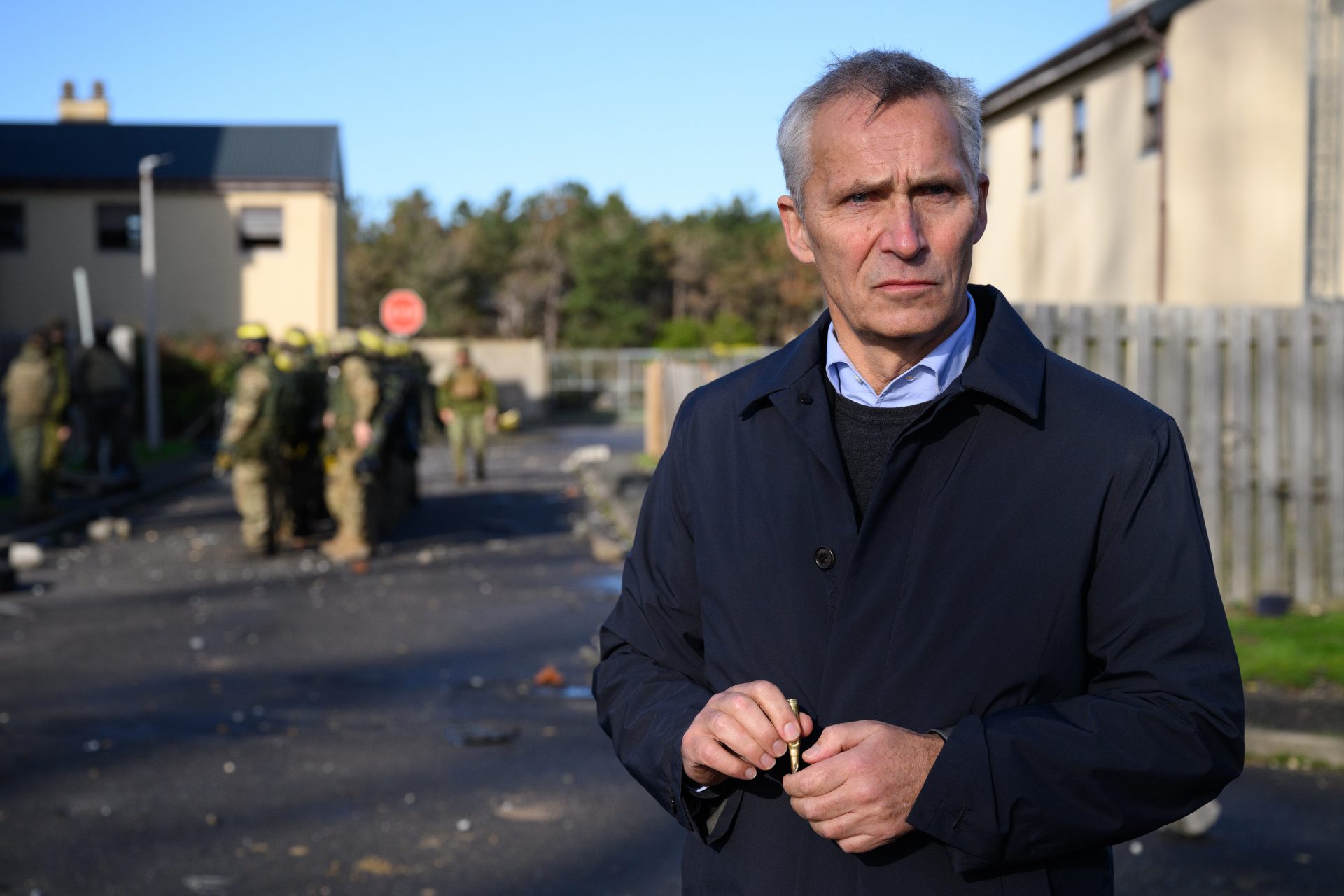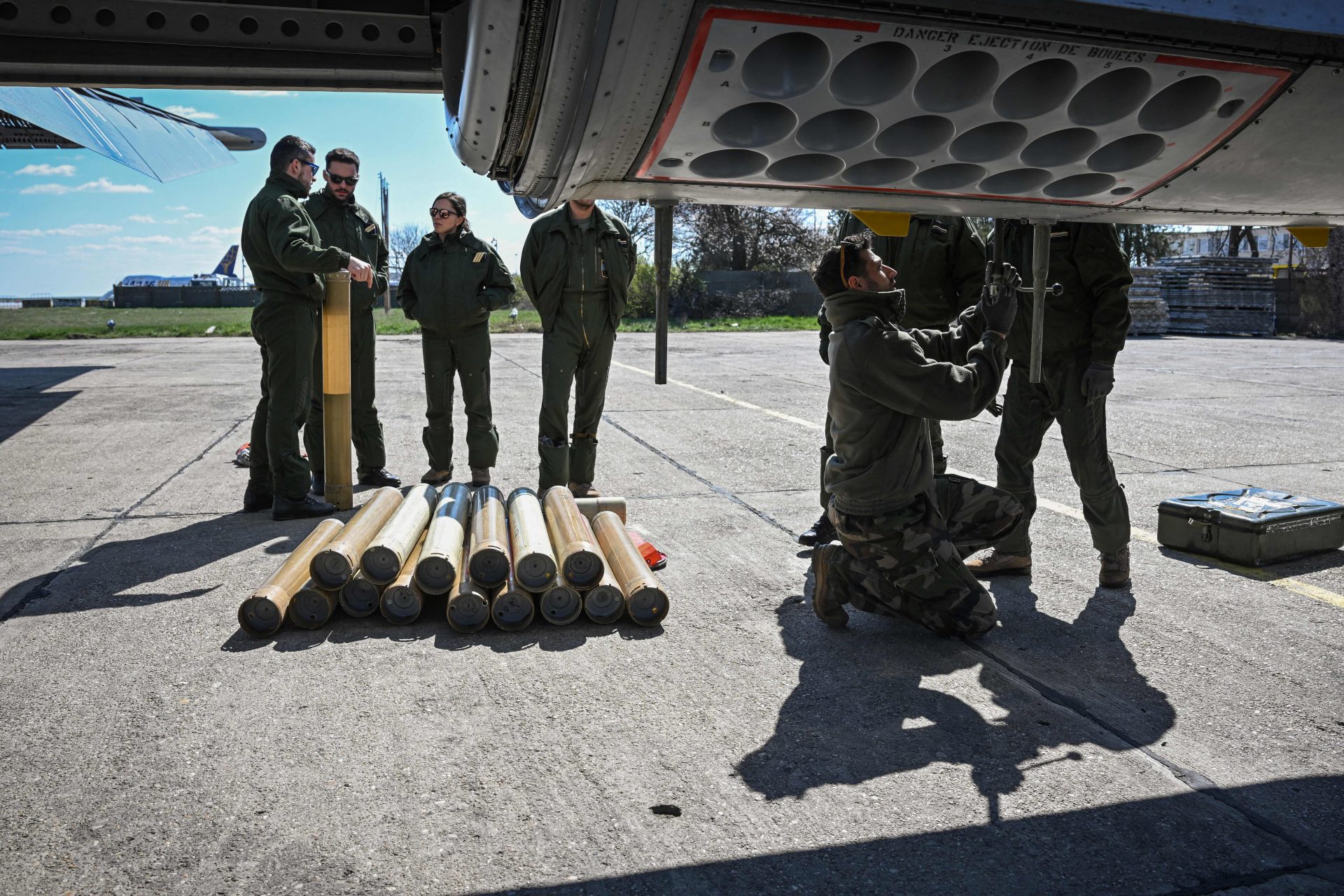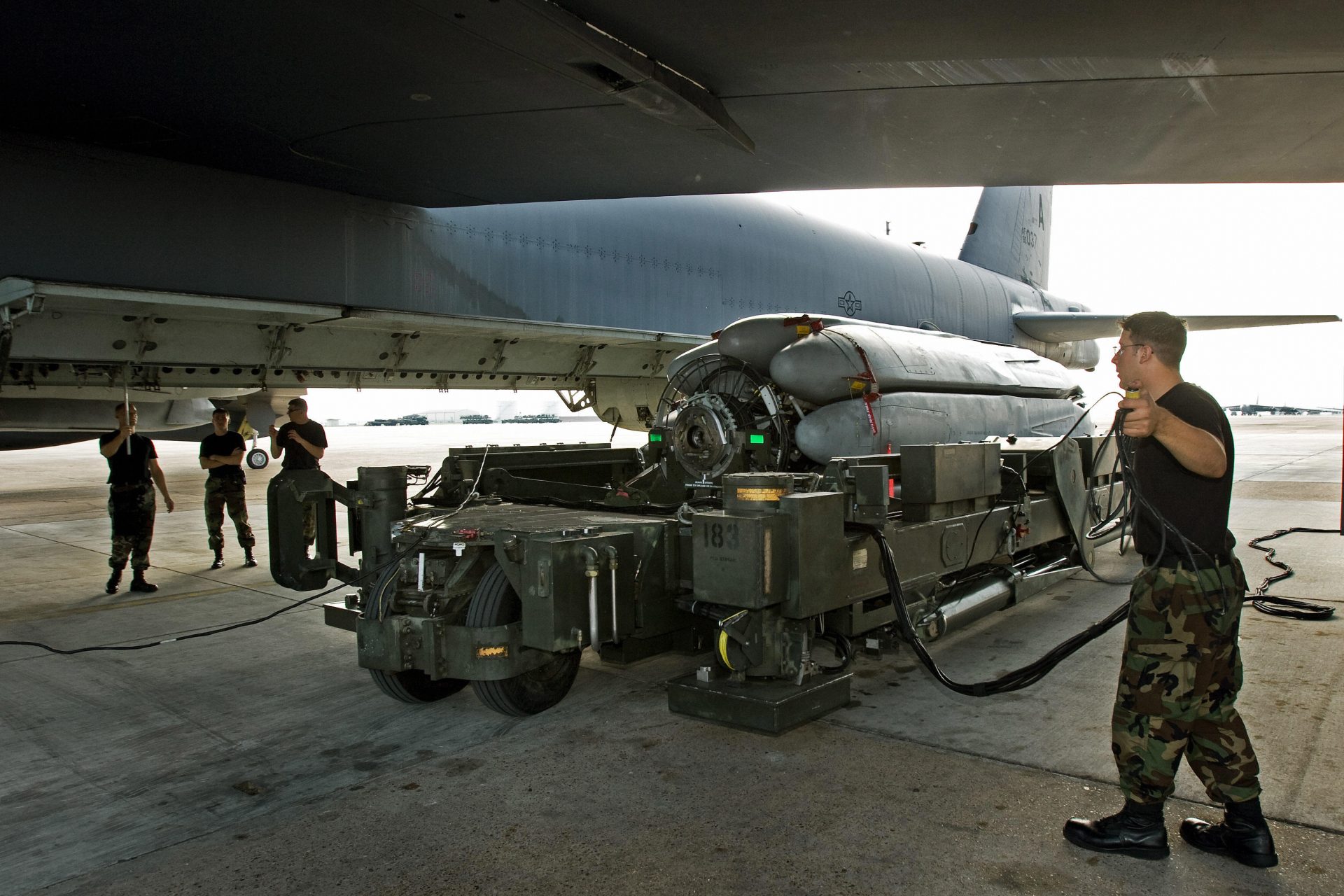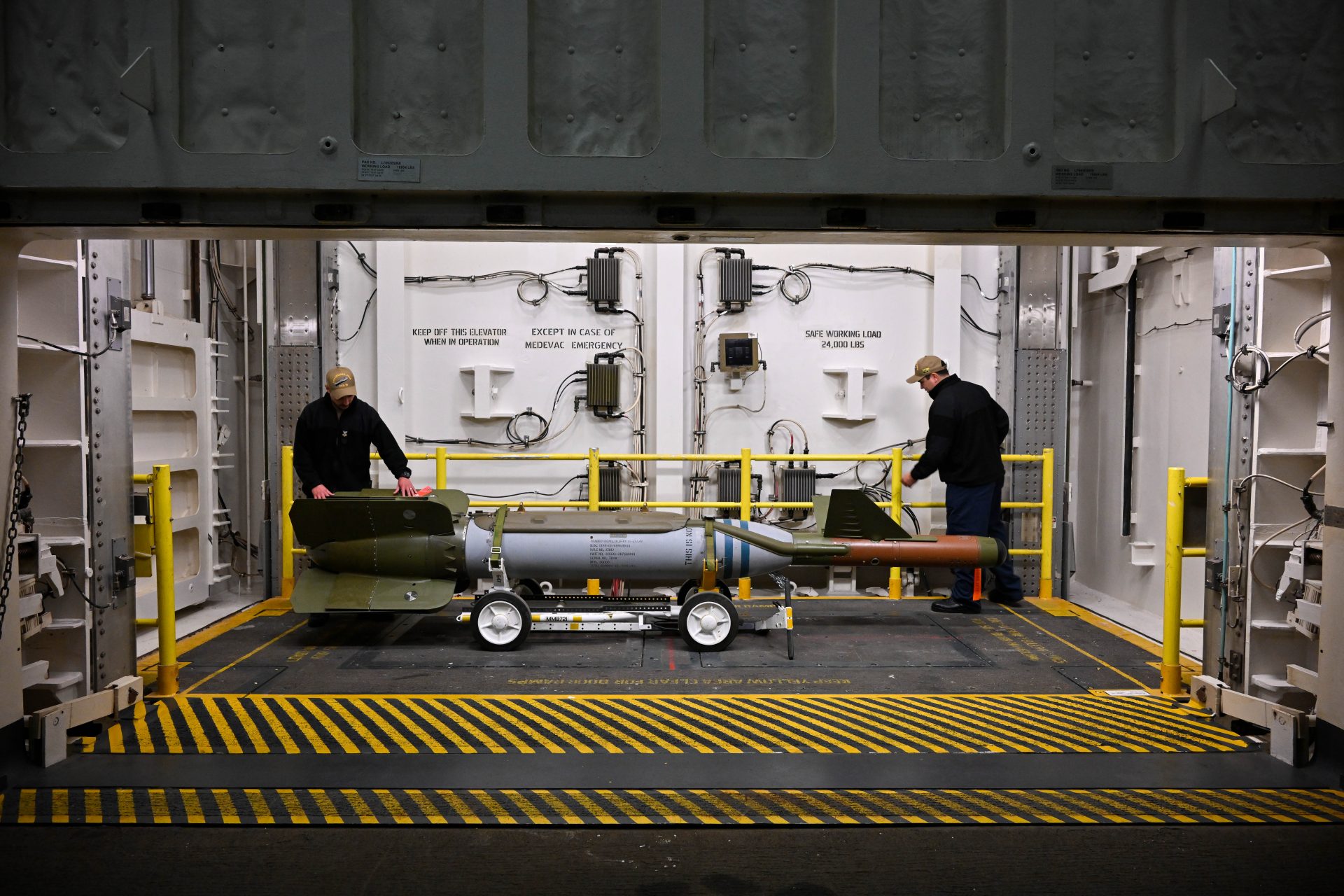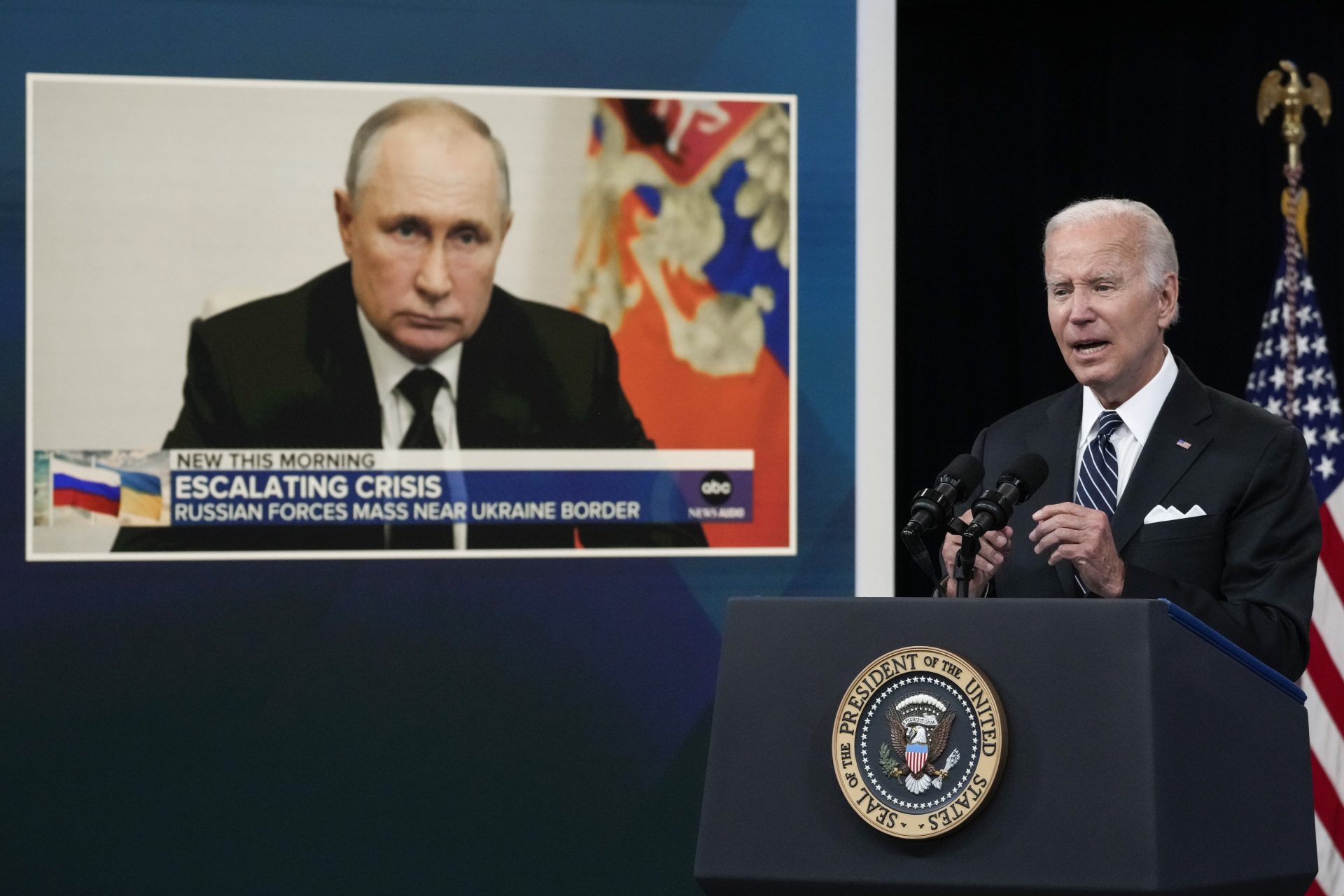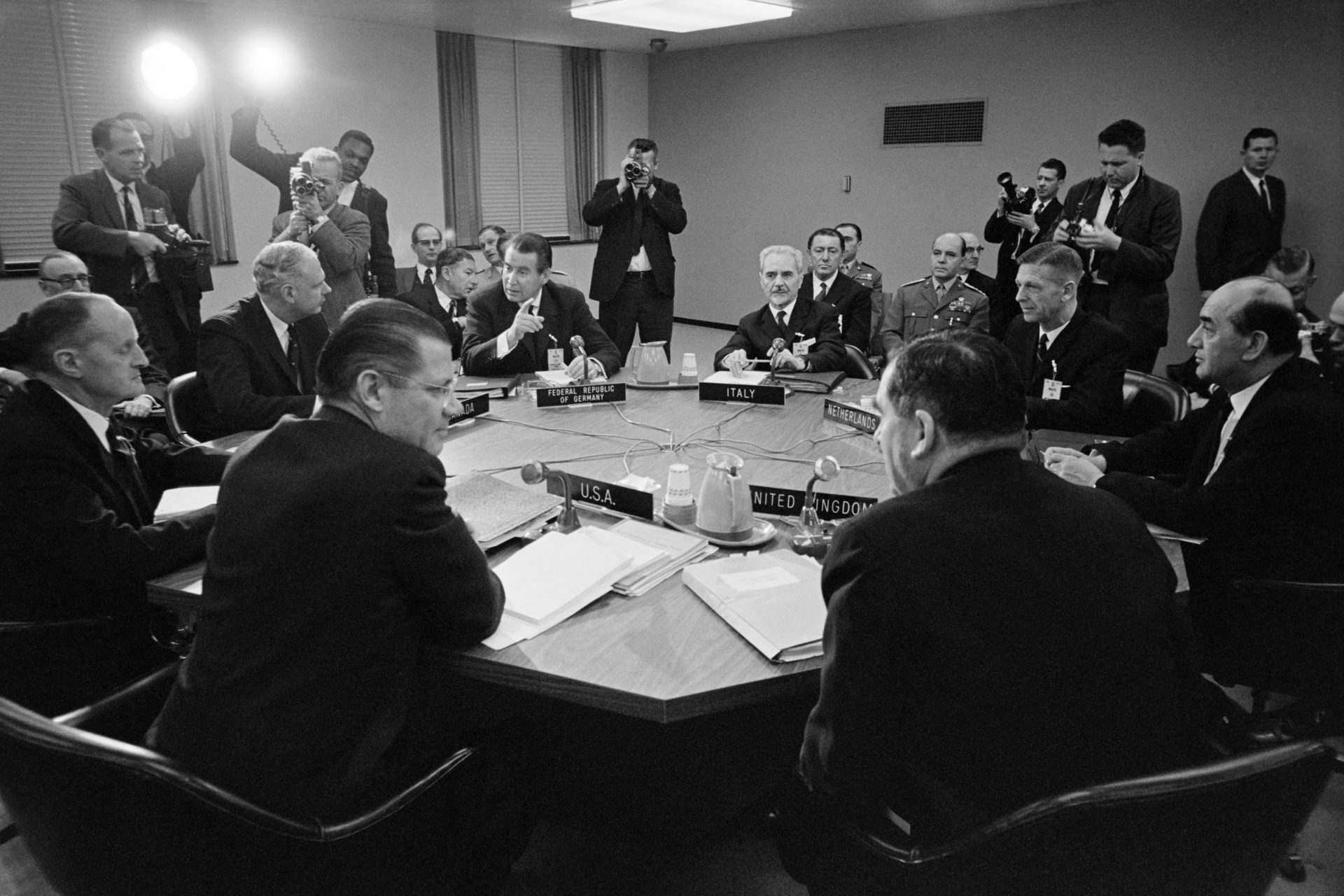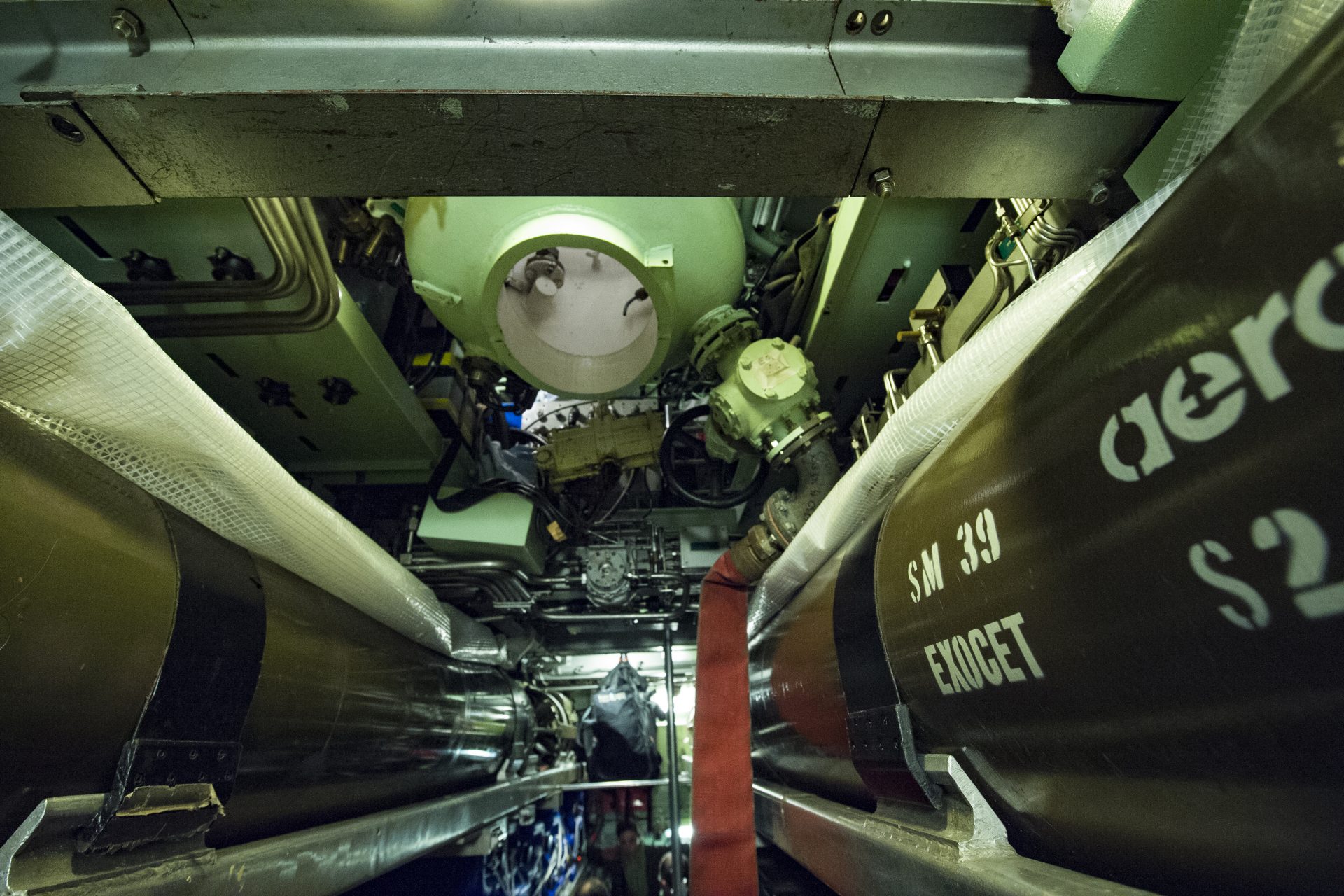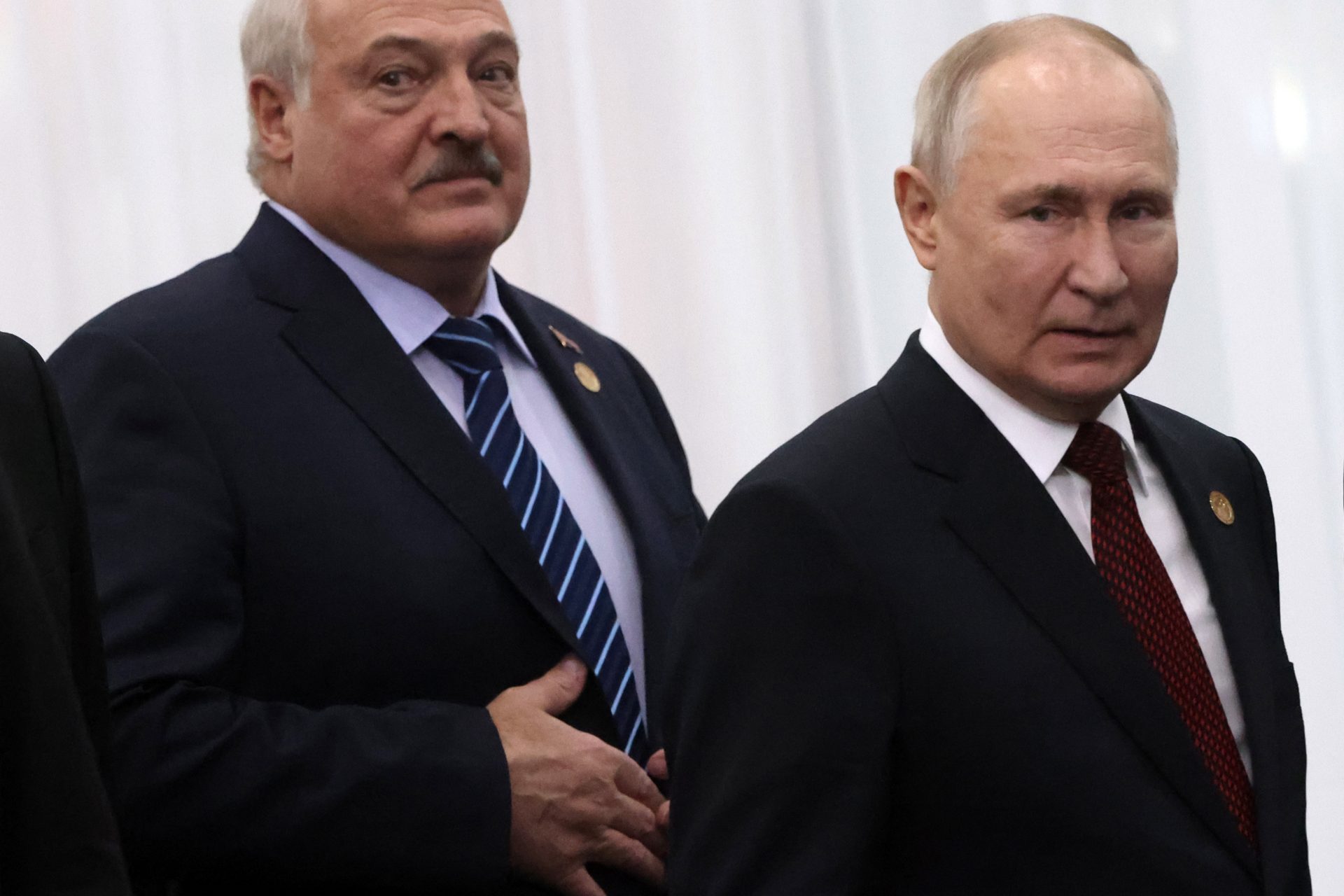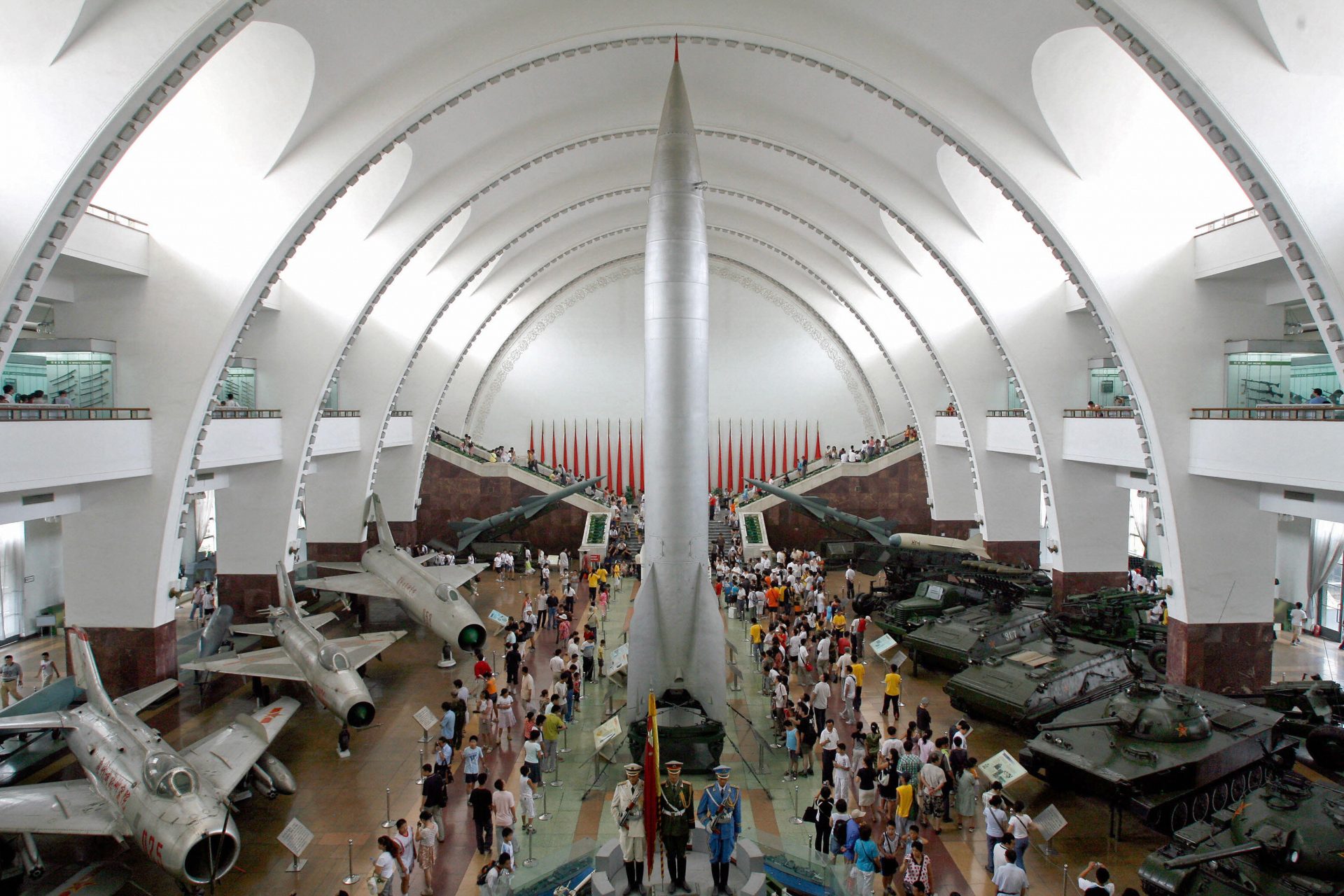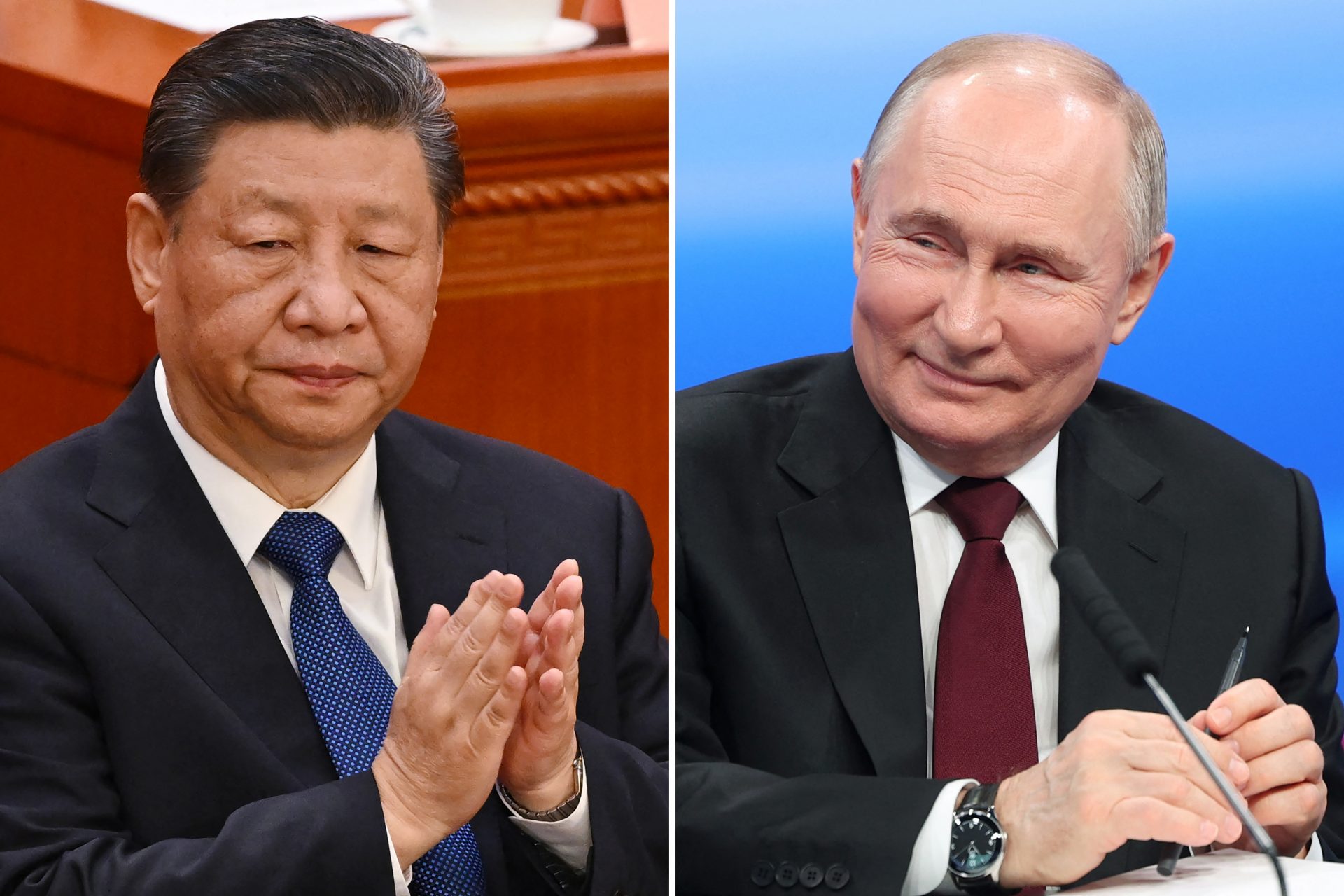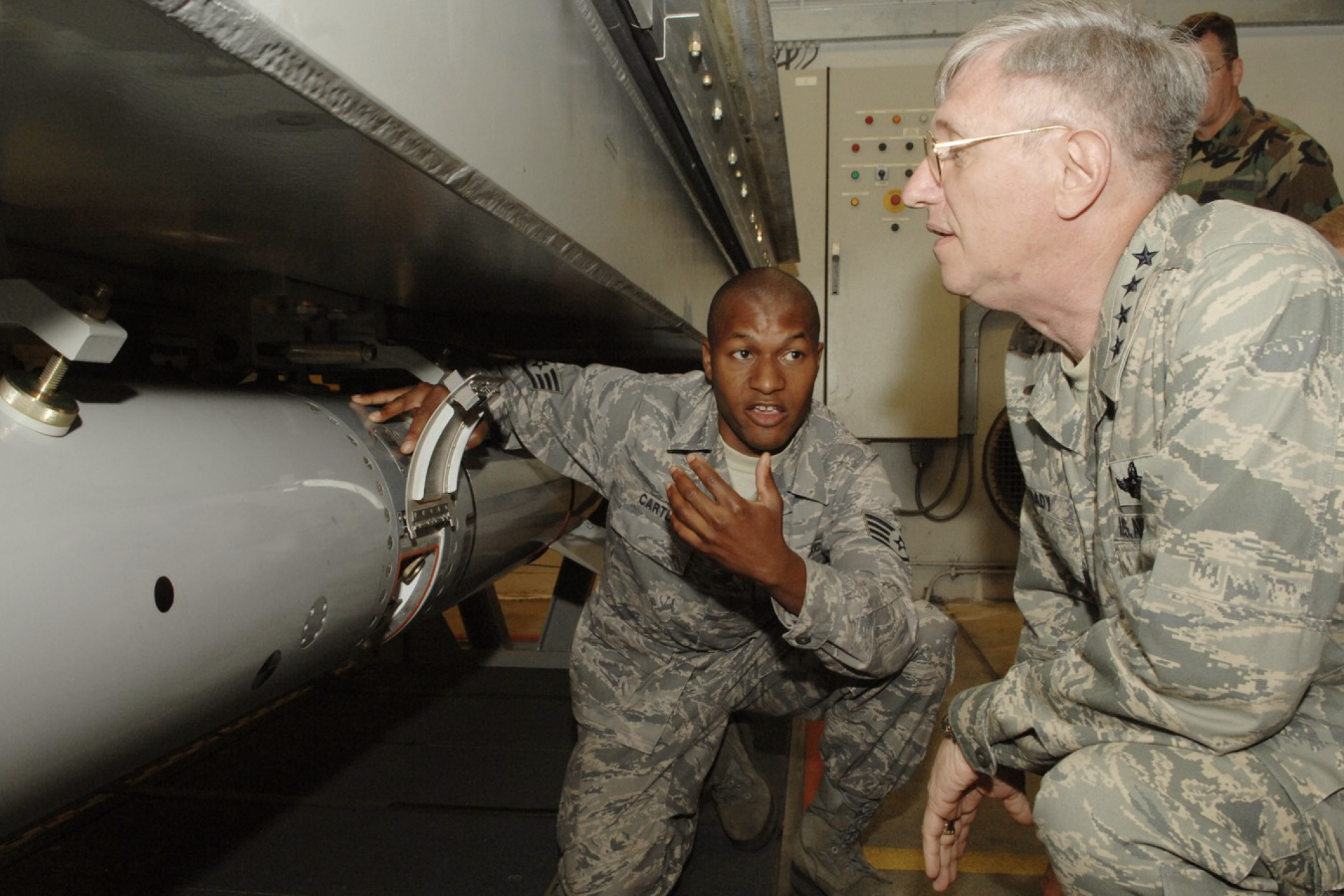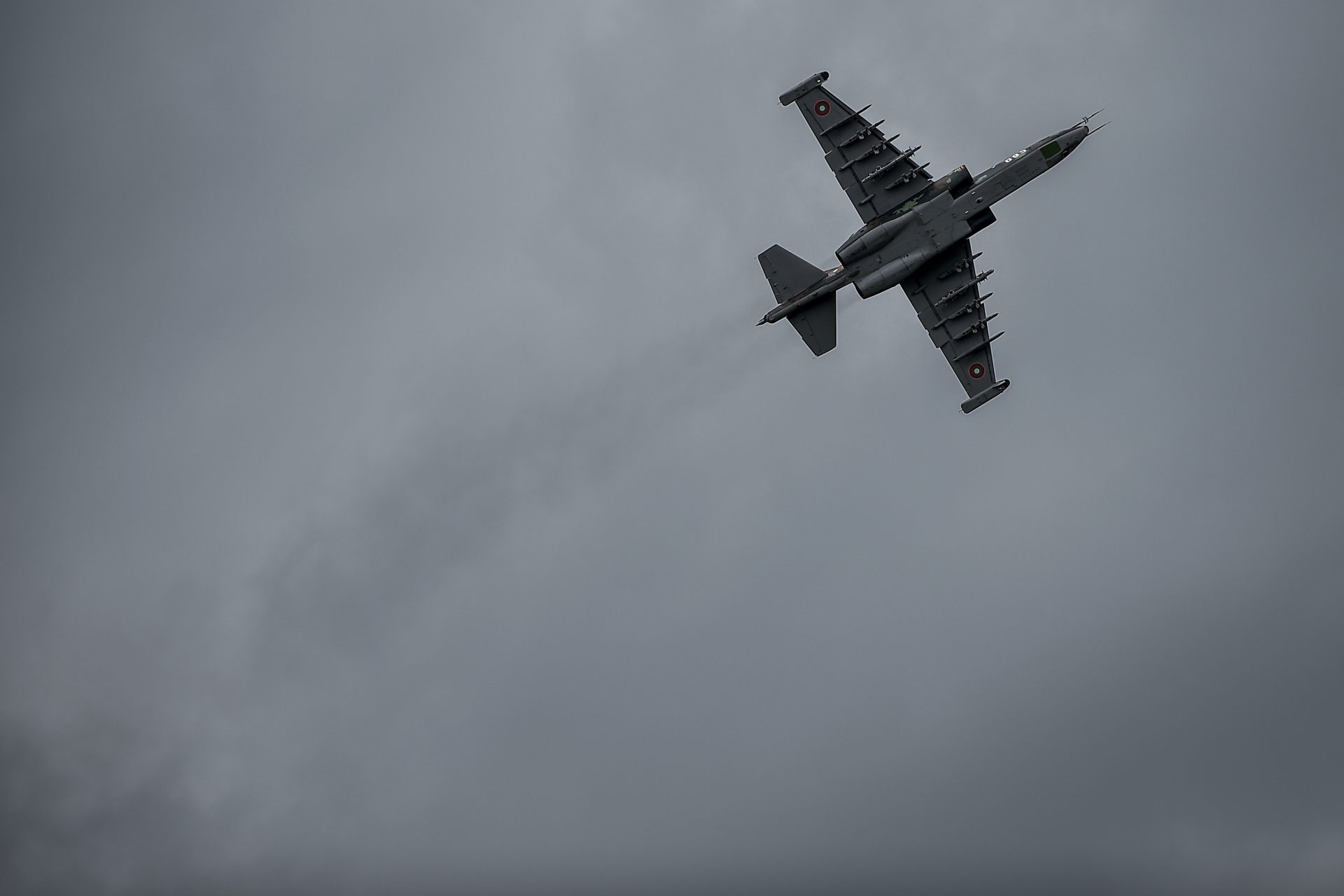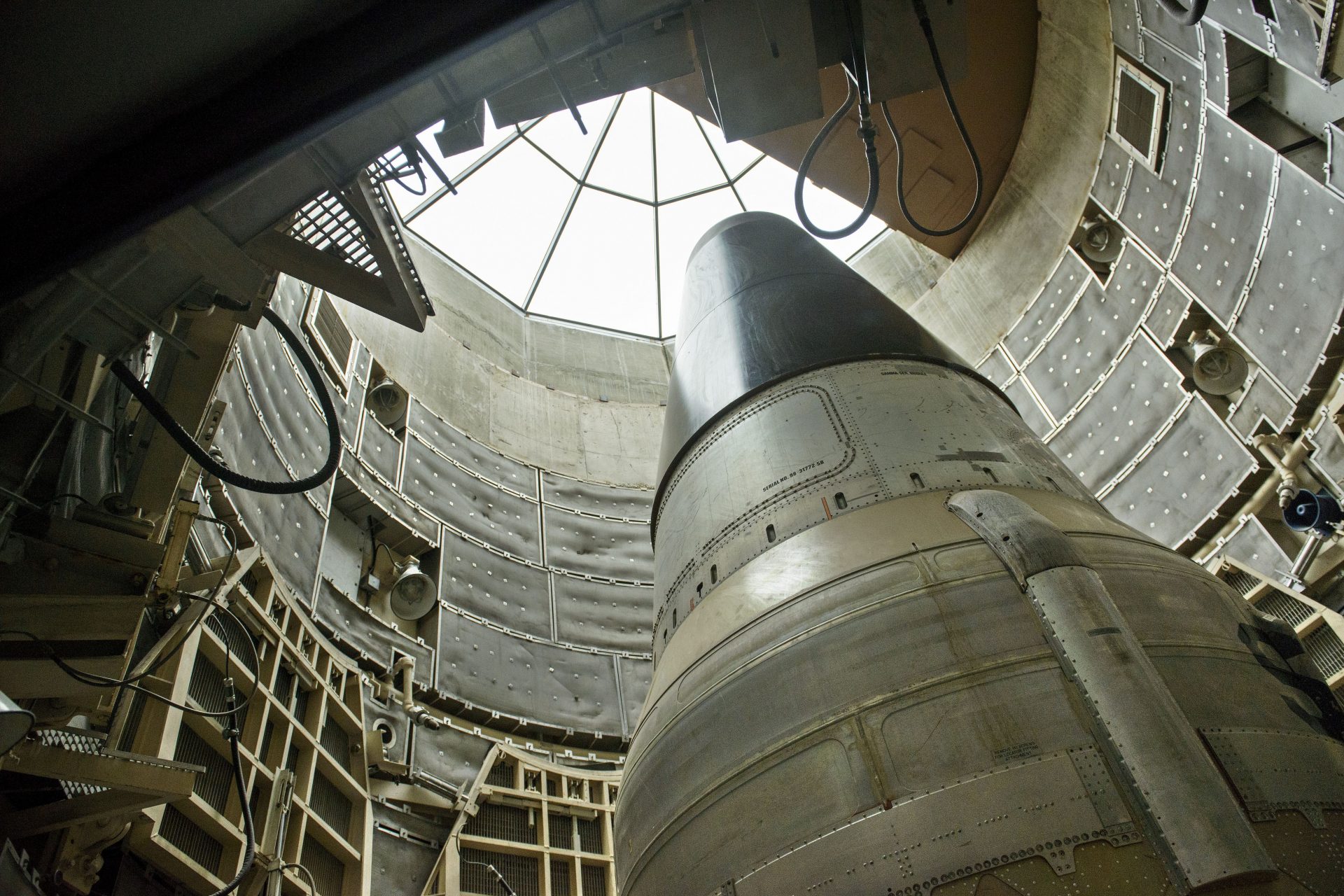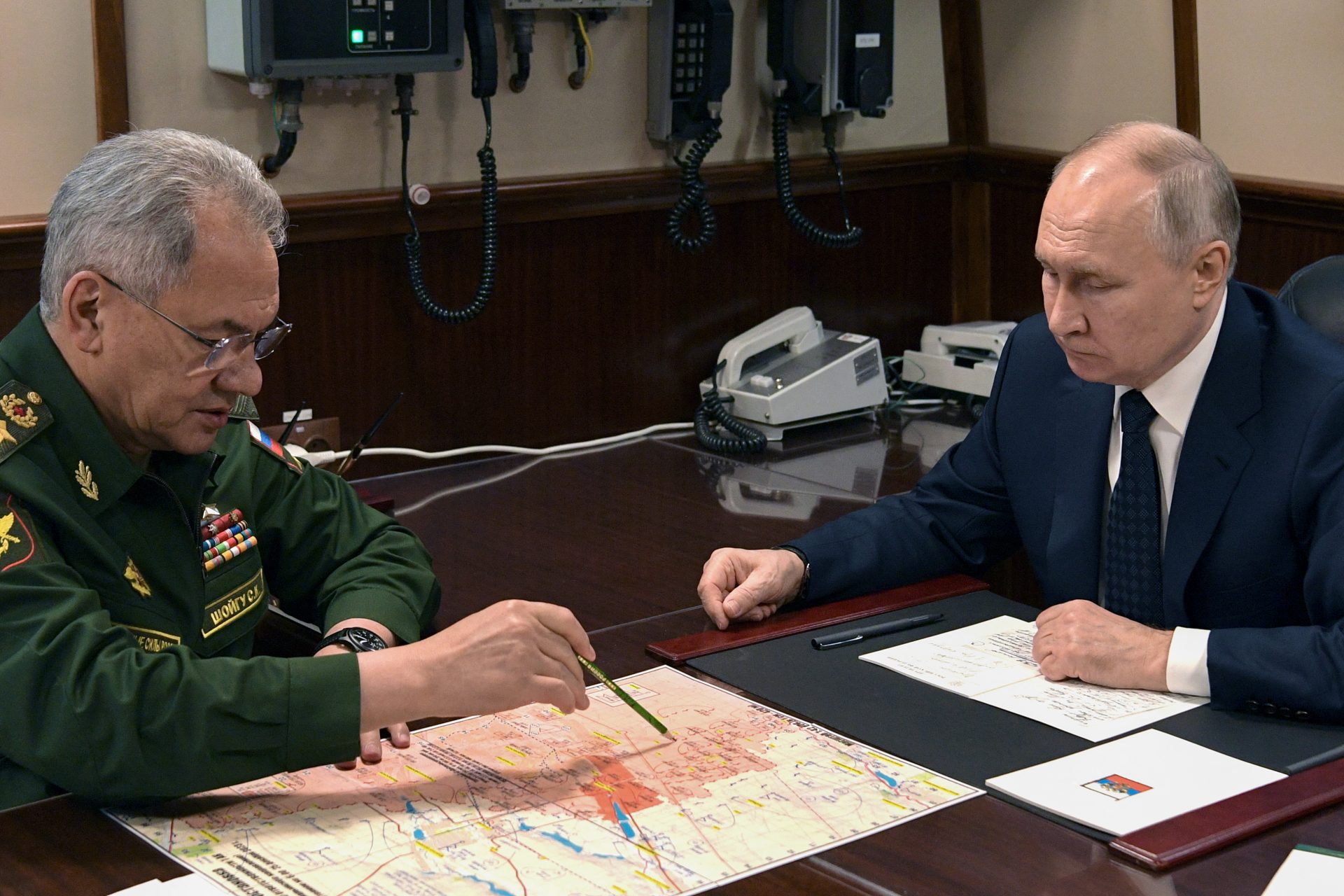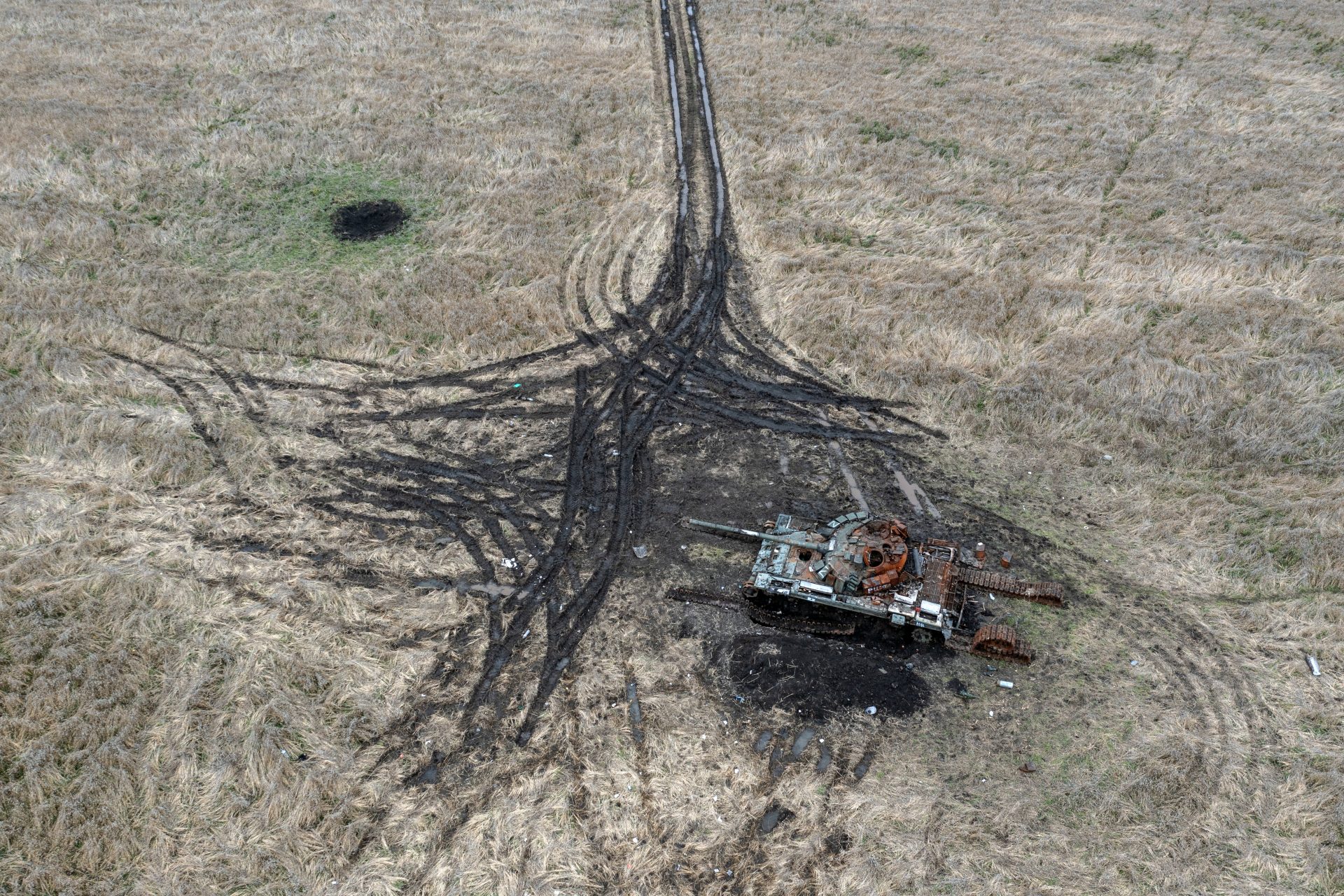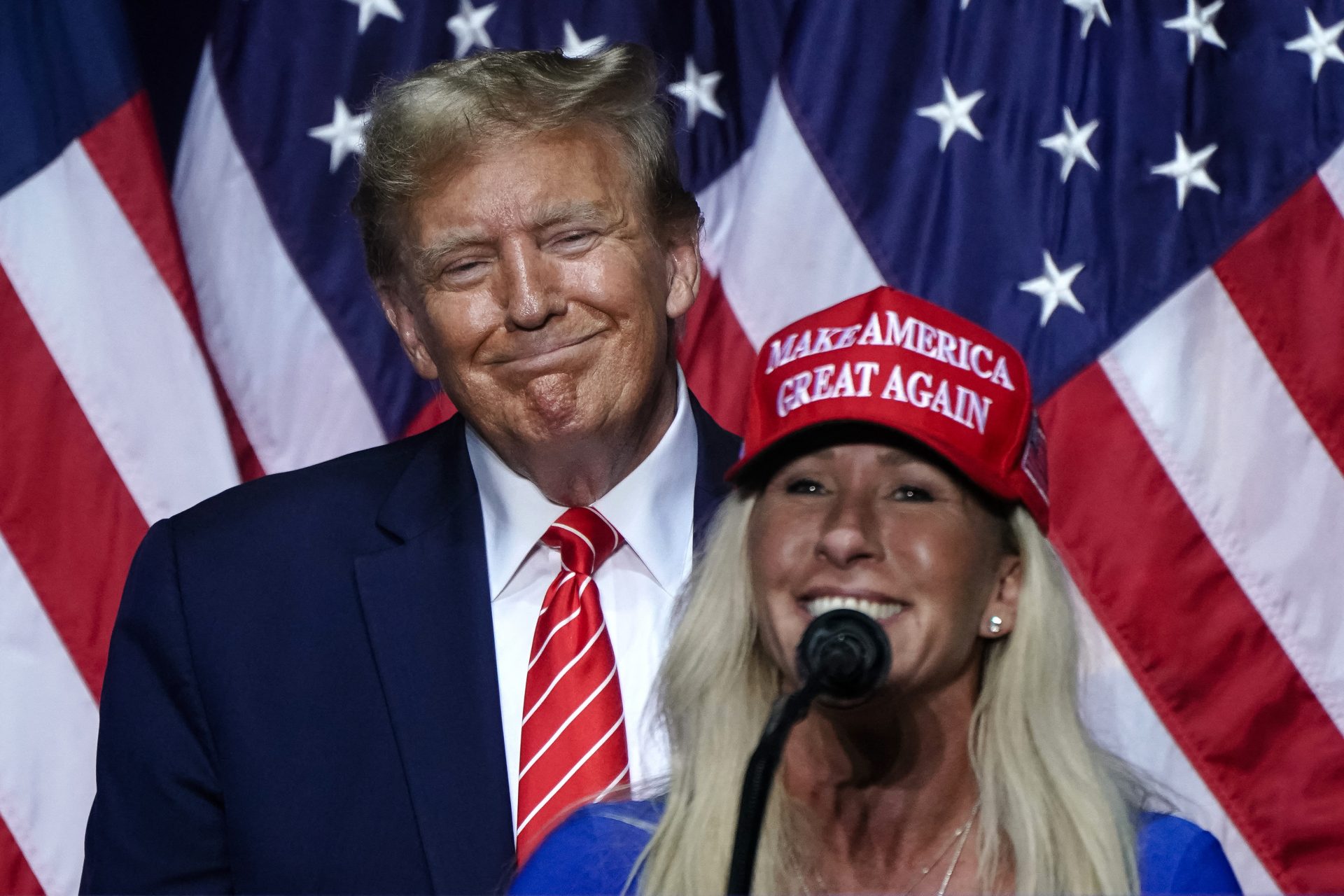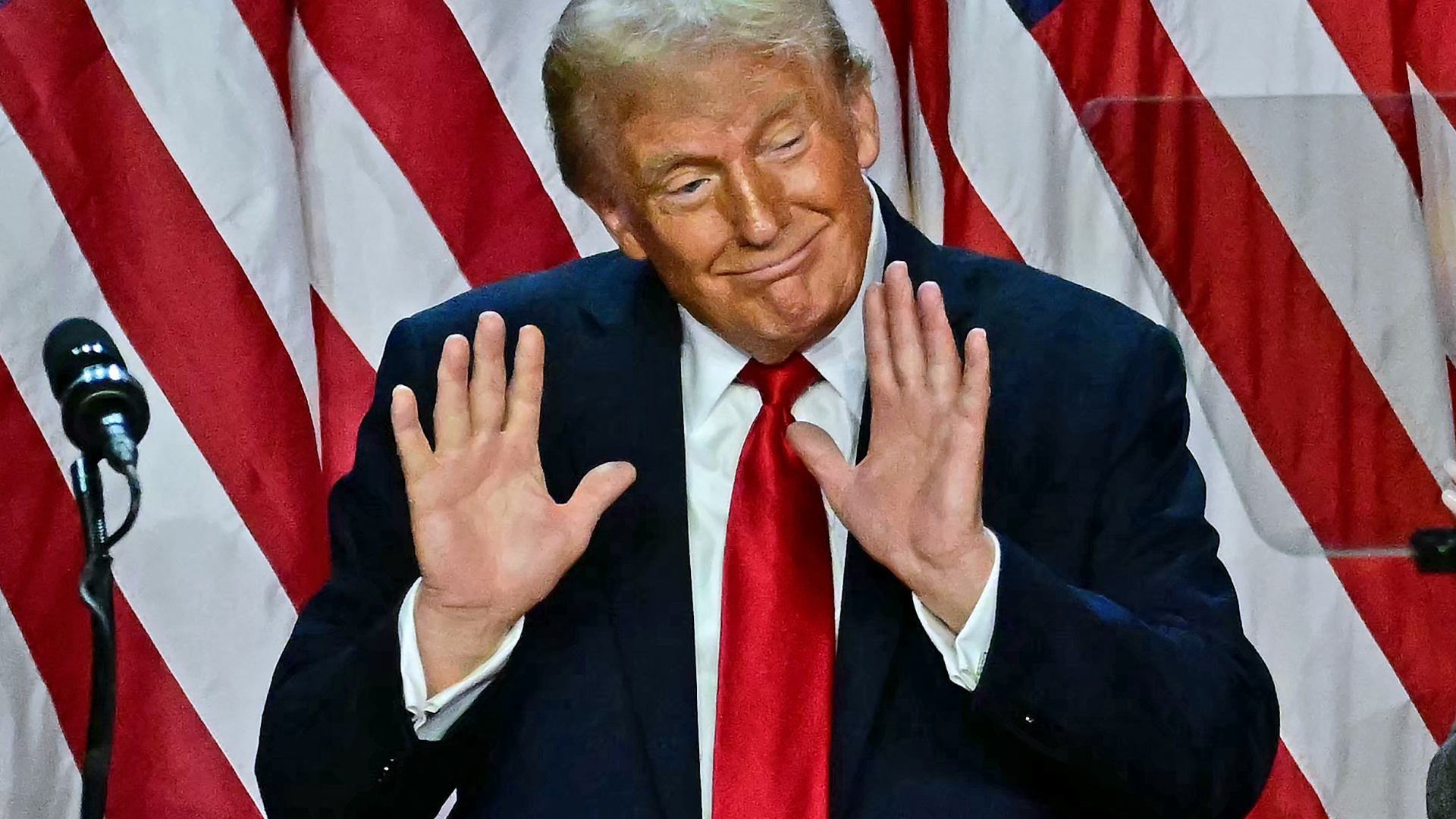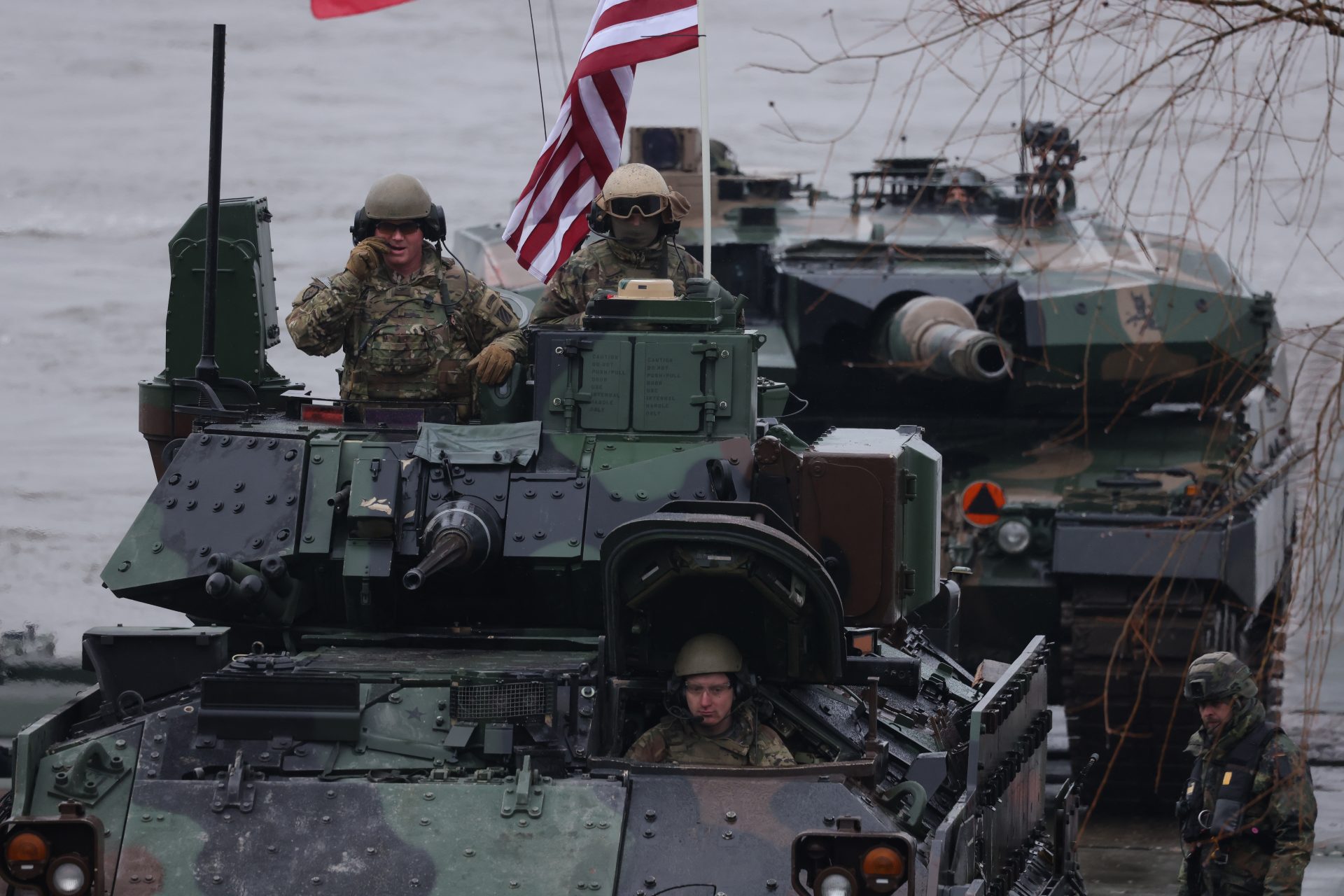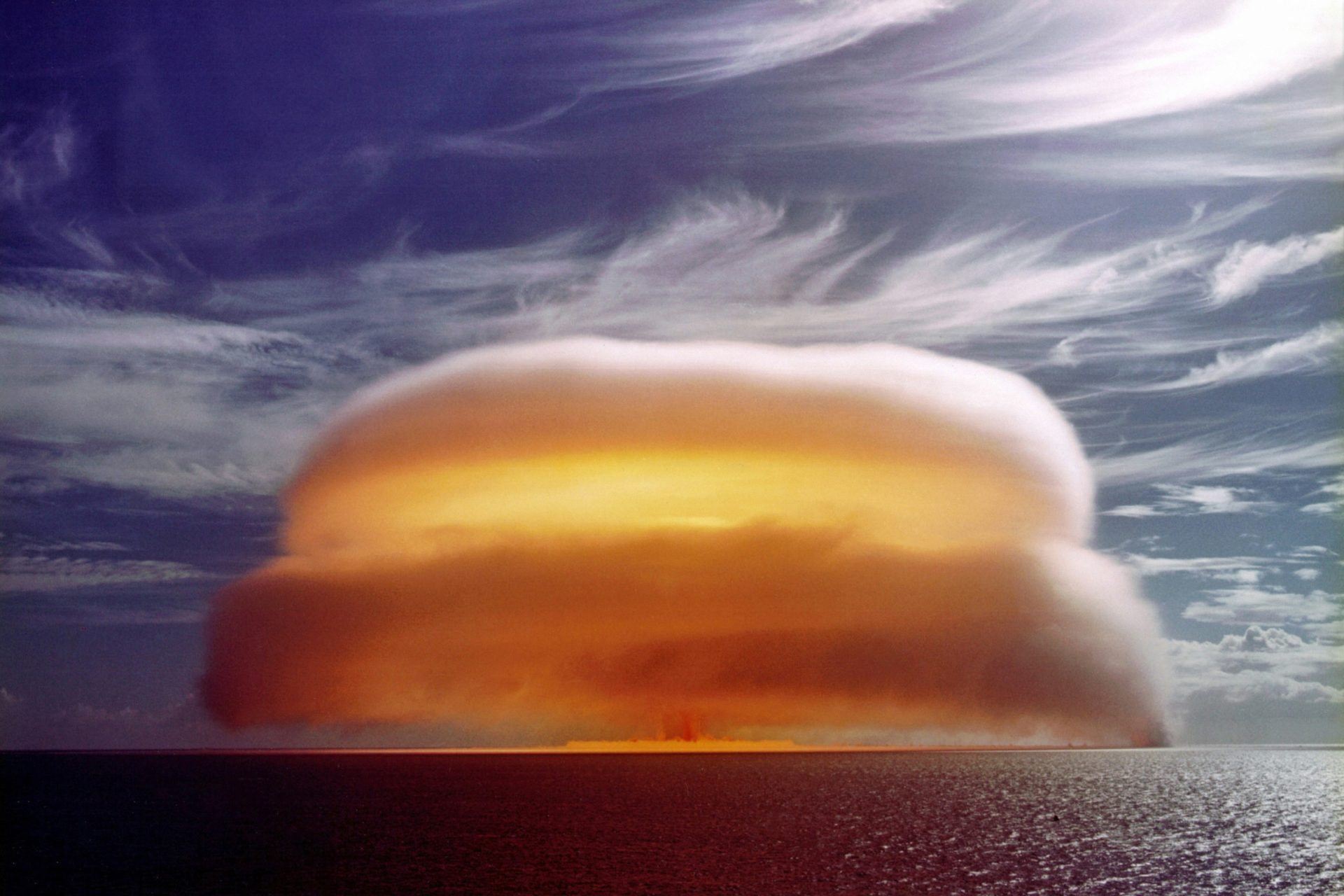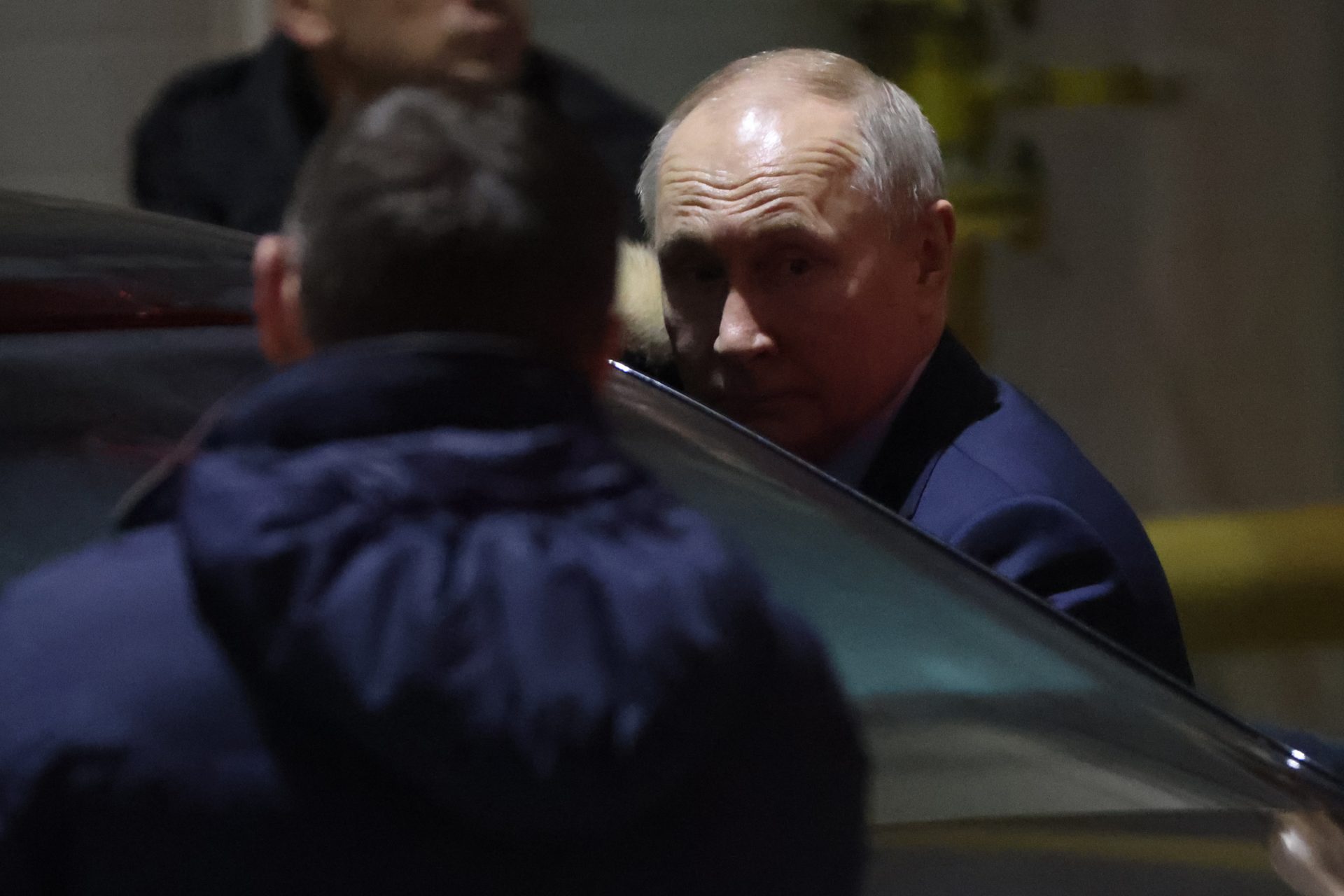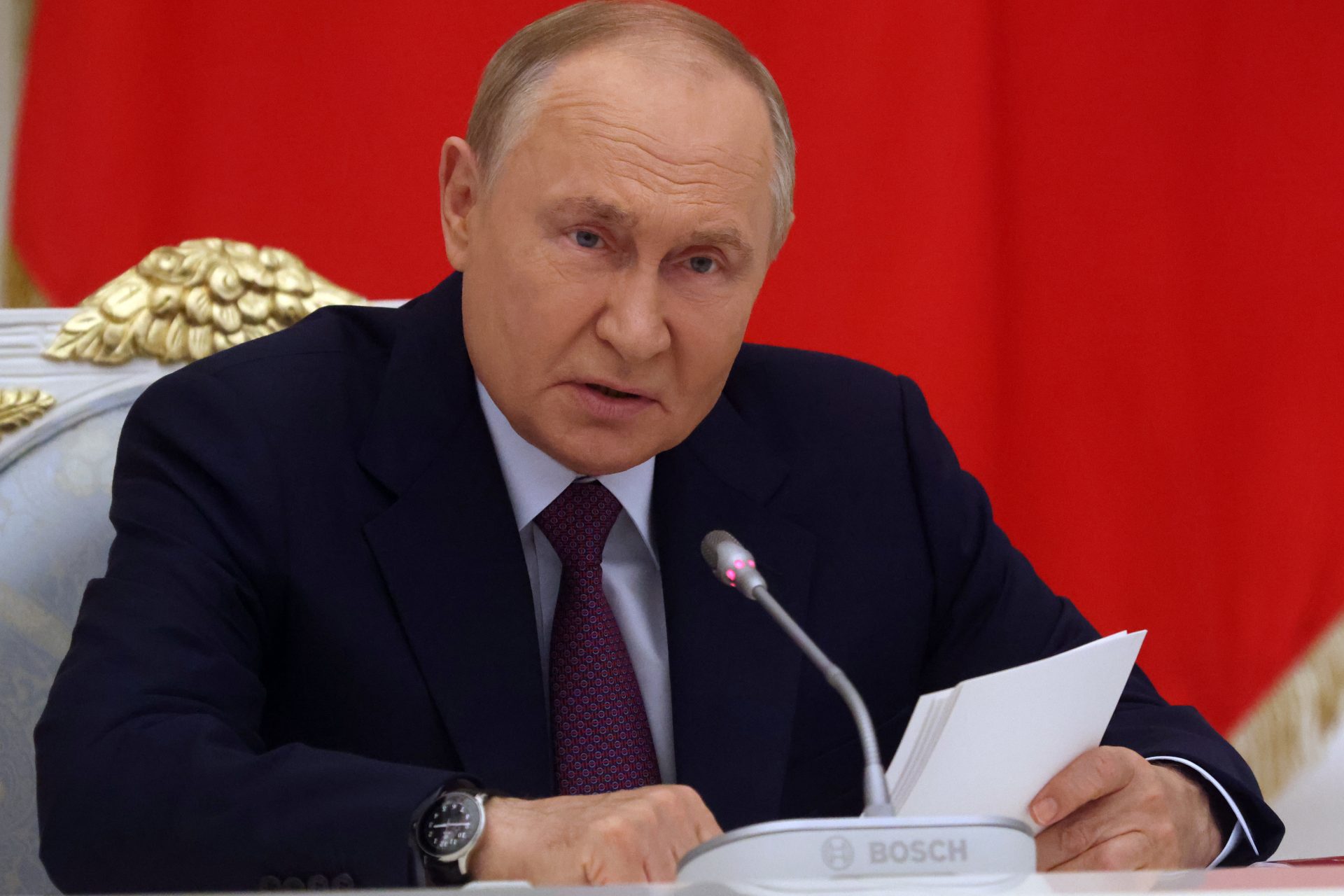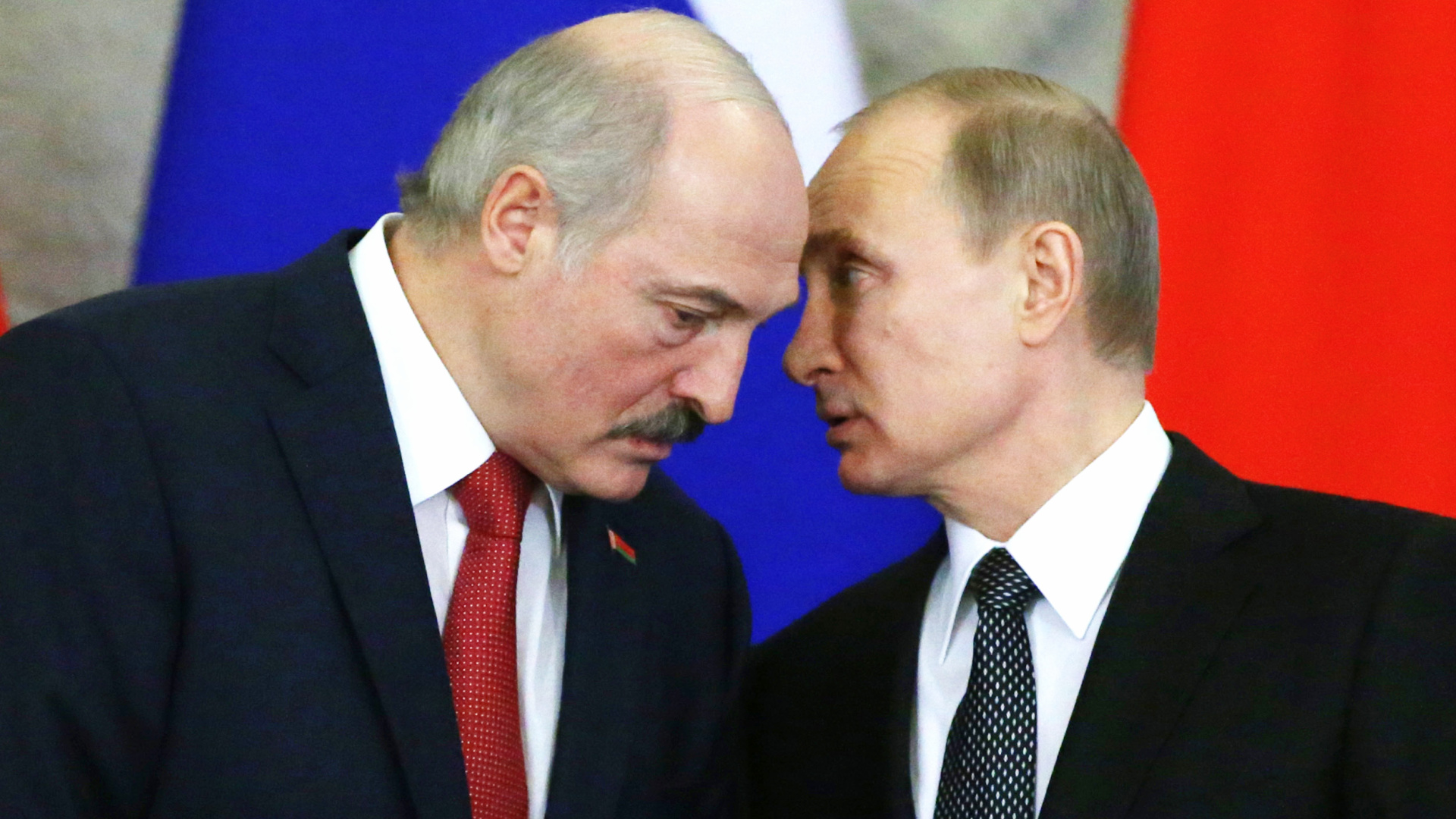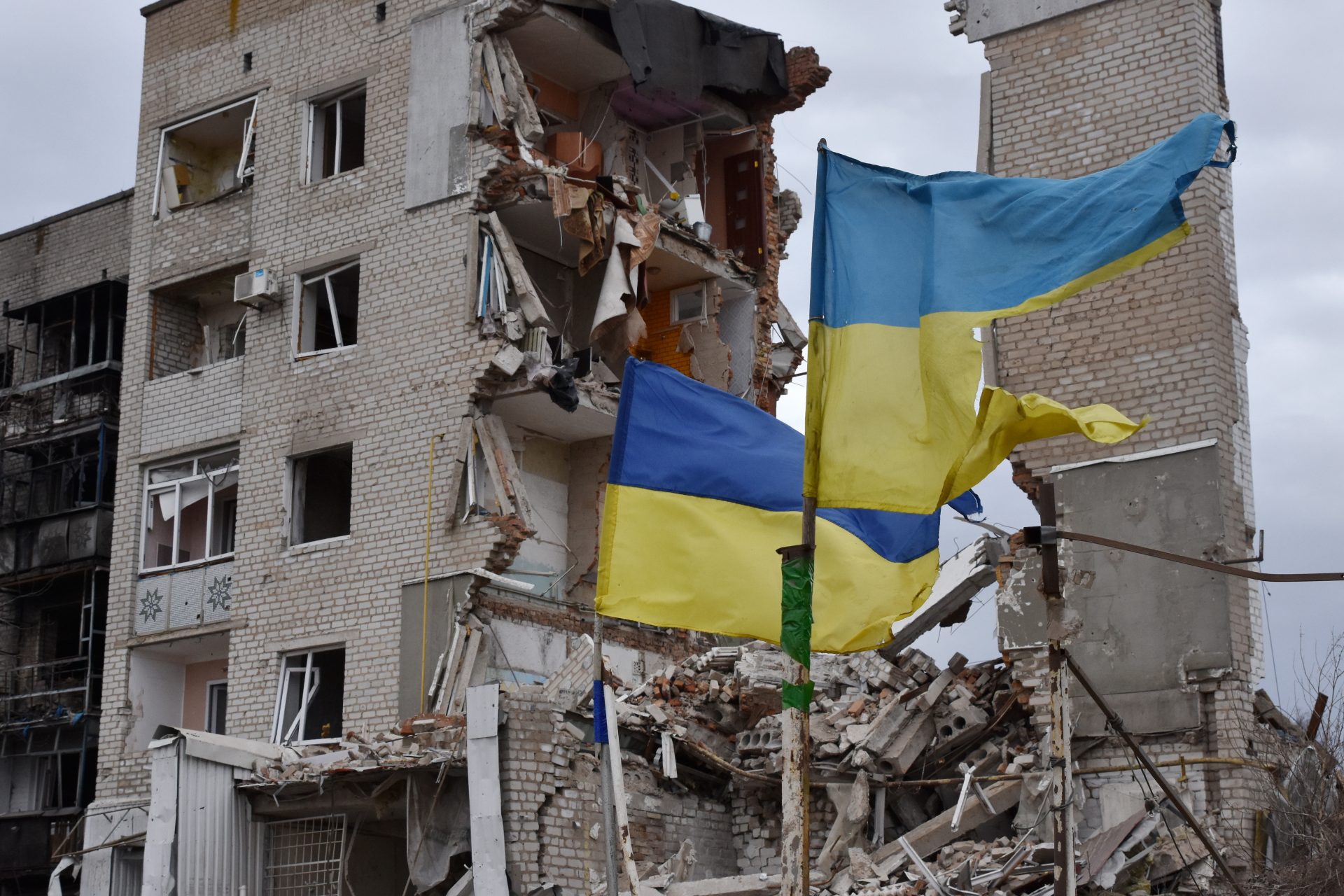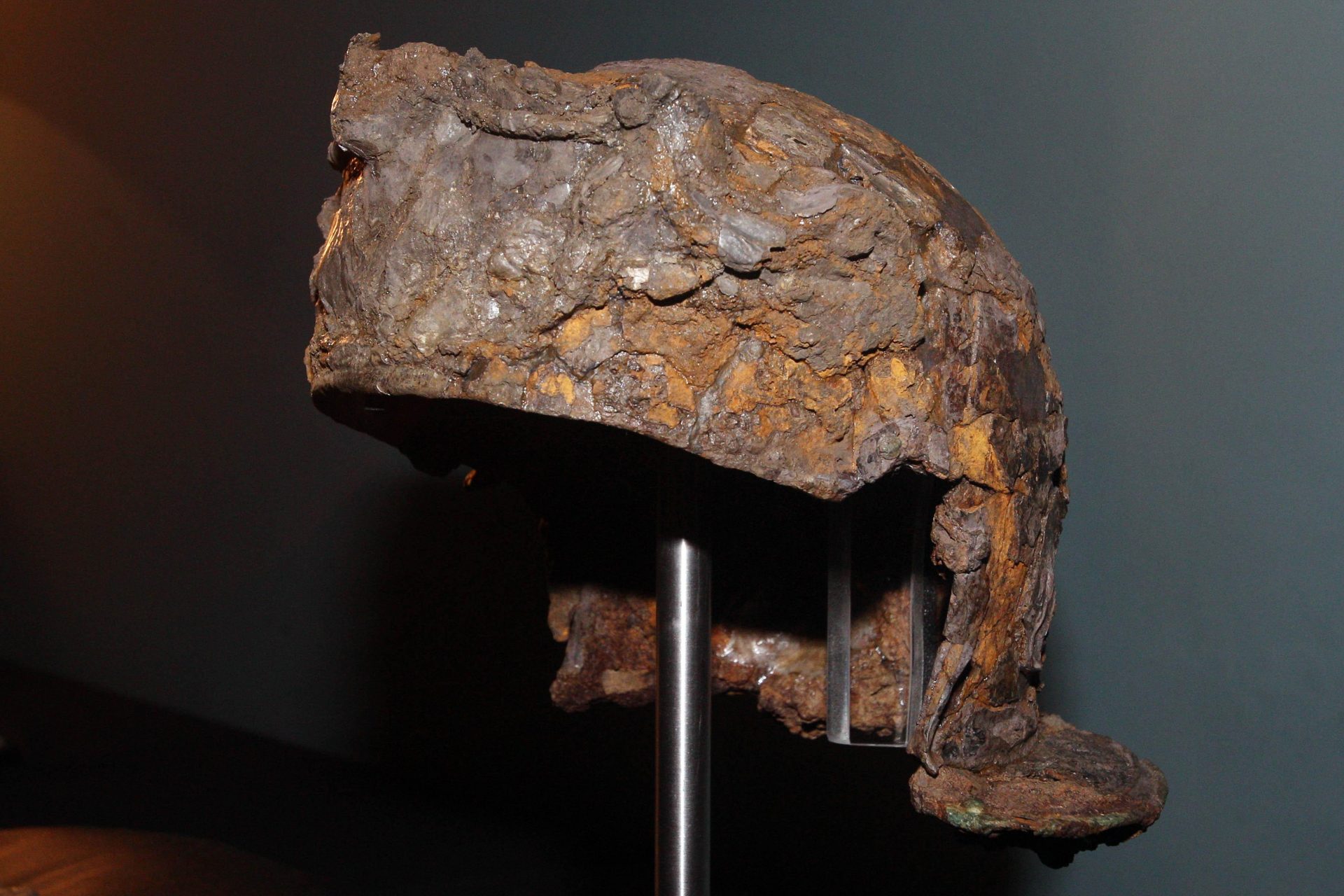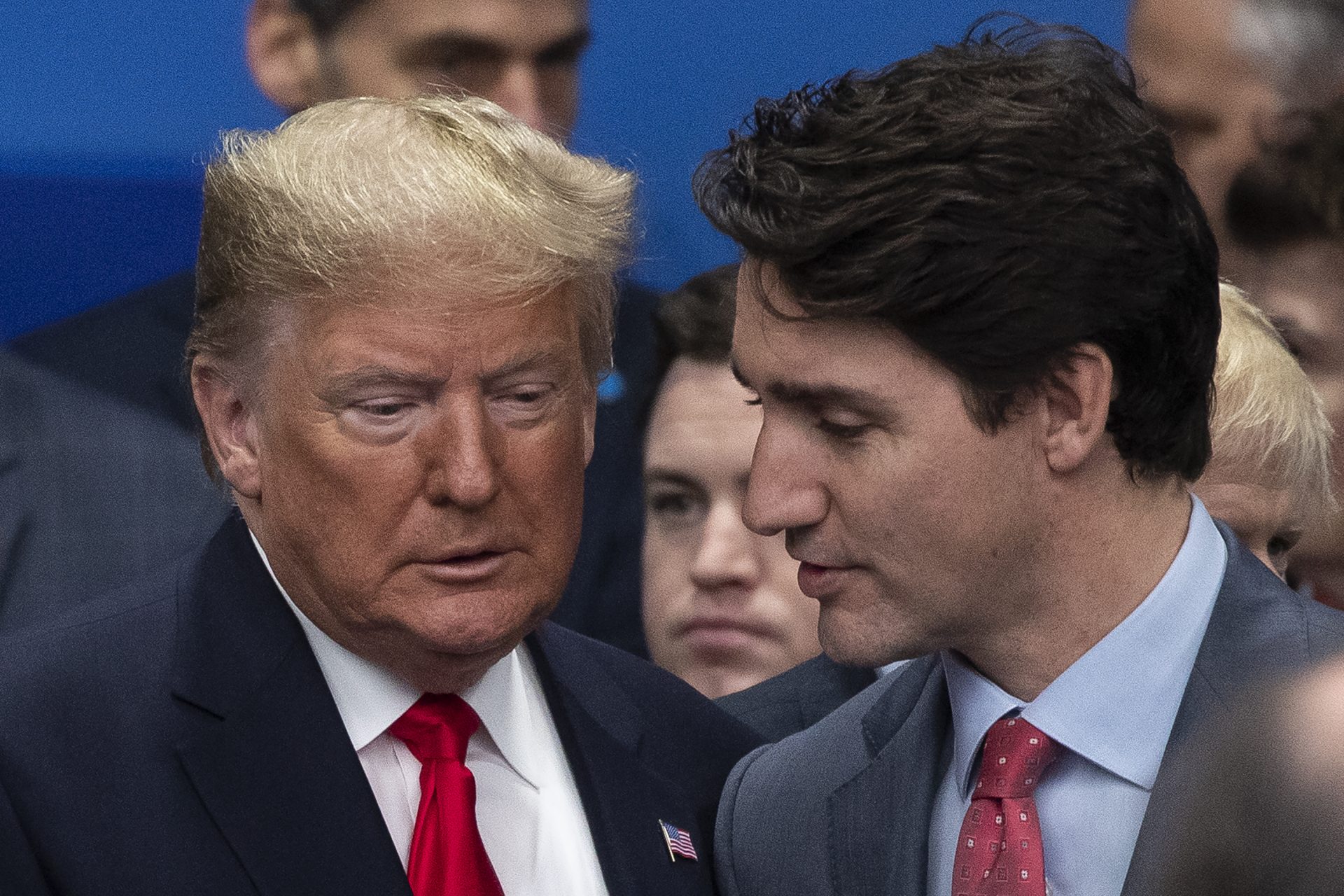NATO states are discussing more nuclear weapon deployments amid rising tensions
NATO's 32 member states are openly discussing the possibility of deploying more nuclear weapons as a deterrent against increasing threats posed by the Russians and Chinese according to comments by the alliance's General Secretary Jens Stoltenberg during an interview with The Telegraph.
On June 16th, the British daily newspaper The Telegraph published a report on its interview with Stoltenberg that covered a wide range of topics, including the revelation that NATO was in talks to deploy more of its nuclear weapons across its territory.
“I won’t go into operational details about how many nuclear warheads should be operational and which should be stored, but we need to consult on these issues,” Stoltenberg said about the talks happening between member states.
“That’s exactly what we’re doing,” Stoltenberg added, also telling the British news outlet that discussions about taking missiles out of storage and placing them on standby were also being talked about by NATO’s 32 member states.
Any nuclear weapons taken out of storage and placed on standby would not be used for offensive purposes but rather as a deterrent according to Stoltenberg, who talked about the importance of transparency when it came to nuclear weapons.
The Telegraph reported the General Secretary believes nuclear transparency should be the cornerstone of NATO’s strategy to prepare for the threats of the future, and it would be a major departure from how NATO previously handled itself.
Stoltenberg explained that NATO historically conducted its nuclear exercises in secrecy but said during his interview: “Transparency helps to communicate the direct message that we, of course, are a nuclear alliance.”
“NATO’s aim is, of course, a world without nuclear weapons, but as long as nuclear weapons exist, we will remain a nuclear alliance, because a world where Russia, China, and North Korea have nuclear weapons, and NATO does not, is a more dangerous world,” Stoltenberg added.
Moscow recently launched joint nuclear exercises with Belarus and began storing some of its nuclear arsenal in Belarus in 2023 according to Politico. However, Stoltenberg was far more worried about the situation in China.
Stoltenberg specifically called out China for its recent investments into its military and its nuclear forces, which he told The Telegraph would hit 1,000 warheads as soon as 2030. This is something the United States has confirmed.
In October 2023, the Pentagon released its annual report to Congress on military and security developments in China and estimated that by 2023 Beijing would reach 500 operational nuclear warheads and 1,000 by 2030, adding that China’s arsenal would continue to grow.
Stoltenberg warned that NATO may face problems in the near future with its adversaries and added that the alliance “may face something that it has never faced before, and that is two nuclear-powered potential adversaries – China and Russia.”
NATO currently has three nuclearly armed powers in its alliance—the United States, the United Kingdom, and France—with a combined total of roughly 4,223 nuclear warheads according to estimates from Statista. However, that number may soon increase.
Photo Credit: Wiki Commons By US Air Force photo by Senior Airman Logan Tuttle, Public Domain
Stoltenberg also revealed NATO states have been modernizing their nuclear deterrence in the face of the new threats posed by the modern geopolitical situation, and he pointed out one measure currently being taken by the United States.
“The US is modernizing their gravity bombs for the nuclear warheads they have in Europe and European allies are modernizing the planes which are going to be dedicated to Nato’s nuclear mission,” the General Secretary said.
“The reality is that we all reduced defense spending when tensions went down after the end of the Cold War. And now we need to increase defense when tensions are going up again,” Stoltenberg said while talking to The Telegraph.
Stoltenberg went on to say that keeping NATO strong was in the interest of all member states because they were now living in a more dangerous world. “In a more dangerous world, it’s even more important that North America and Europe stand together,” he said.
The NATO General Secretary explained that if Russia prevails in Ukraine it would leave the alliance more vulnerable and called for more investment in the alliance’s defense, a call that has been heeded by several member states since Russia invaded Ukraine.
More for you
Top Stories



